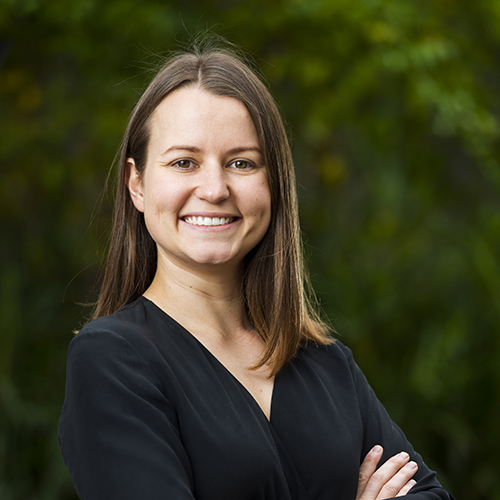04 February 2020
 On World Cancer Day, University of South Australia researchers are calling for more support for cancer survivors, who often feel the physical and mental impacts of their disease long after treatment has finished.
On World Cancer Day, University of South Australia researchers are calling for more support for cancer survivors, who often feel the physical and mental impacts of their disease long after treatment has finished.
Based at UniSA’s Rosemary Bryant AO Research Centre, PhD candidate Imogen Ramsey’s research focuses on supporting cancer survivors by trying to understand, at a population level, the challenges they face.
She says the good news is that people are living longer from diagnosis, with the five-year cancer survival rate now at 68 per cent in Australia but there’s now a huge gap in what we know about people who survive cancer and what it looks like in reality.
“How long do they live for; how well do they survive? What are the long-term impacts of the often highly toxic treatment they have received? How do they recover from the psychological toll of battling the disease and the lingering fear of cancer returning?” Ramsey says.
“We don’t have answers to these questions. This means that as a healthcare system, we can’t adequately support cancer survivors – who make up a significant portion of the population – as we do not know what services they need.
“In South Australia for example, if you filled the entire Adelaide Oval, about 50,000 people; that’s the number of people who are living as cancer survivors in our State right now.”
Ramsey, together with supervisor Dr Nadia Corsini, have recently developed the first consensus on how to measure the quality of life of cancer survivors. Working with clinicians, consumers (cancer patients and survivors) and academics Australia-wide, the researchers have established 12 key areas (called domains) that can be used to assess how a cancer survivor is tracking across the board.
“The 12 key outcomes that need to be assessed are: pain, fatigue, depression, anxiety, cognitive problems, fear of cancer reoccurrence, financial distress, ability to cope, daily functioning, as well as overall quality of life, overall health status and overall symptom bother,” Ramsey says.
“By getting patients to self-report against the above criteria at regular intervals, researchers, clinicians and policy-makers alike will have a much clearer picture of what it looks like to be a cancer survivor in Australia in 2020 and how we might need to change our healthcare and policies to better support them.”
In the long term, the researchers hope to create a system where information across the 12 key areas is routinely collected from patients and used to provide a population snapshot. That snapshot can then inform how the healthcare system is resourced to meet the varied needs of cancer survivors.
Ramsey, who was named Transformed-PhD Student of the Year at UniSA last year, spent six months working in The Netherlands as part of her PhD. She says the country’s understanding of cancer survivors is far more advanced than Australia and provided insights into what could be achieved if we implemented similar strategies in Australia.
“From assessing the effectiveness of treatment in different groups to determining what psychological support is needed and when – understanding this cohort of the population is the best way to inform how we can support them to lead long, fulfilling lives.”
Contact for interview: Imogen Ramsey email Imogen.Ramsey@unisa.edu.au
Media contact: Rosanna Galvin office (08) 8302 0578 email rosanna.galvin@unisa.edu.au




